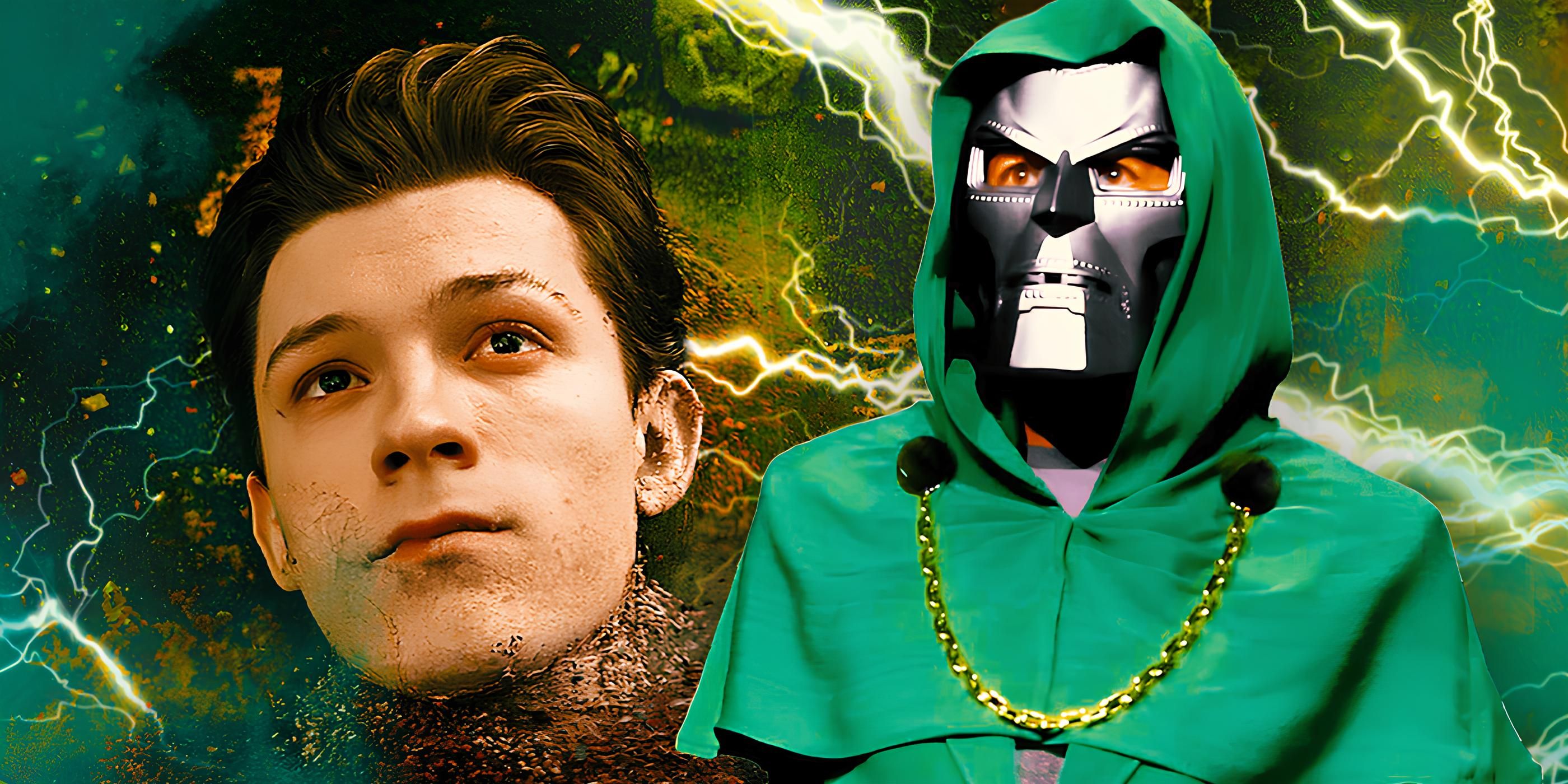The Brazilian movie that beats Quentin Tarantino at his own game
Internationally recognised Brazilian cinema is almost always centred on inner city violence and poverty, but one film from recent years upends every cliché.

(Credits: Far Out / MUBI)
Film » Cutting Room Floor
Sun 9 February 2025 1:30, UK
When many Western audiences think of Brazilian cinema, chances are, they think of movies like Fernando Meirelles and Kátia Lund’s 2002 film City of God, which chronicled gang violence in Rio’s favelas and earned four Oscar nominations. Violence, poverty, and Carnival tend to dominate internationally acclaimed Brazilian movies, even though the film industry in the country is full of distinctive voices telling stories as diverse as Brazil itself.
In the past decade, one of the movies to break through in the international festival circuit is Kleber Mendonça Filho and Juliano Dornelles’s Bacurau, an action-packed genre-defier that takes place in the dusty landscape of rural Northeastern Brazil and subverts stereotypes at (almost) every turn. Early in the film, we become acquainted with the village of Bacurau, a tiny community in the backcountry of the desert whose inhabitants gather for the funeral.
On the one hand, the town appears to be impoverished and abandoned by the outside world, seething over a corrupt governor who cut off their water supply to divert a river elsewhere but who still lobbies for their votes. On the other hand, Bacurau is full of fiercely loyal inhabitants from all walks of life who seem to enjoy their independence rather than feel helpless about it. There is a schoolhouse, a brothel, and a museum, and although there is plenty of in-fighting, the unity of the residents is unshakeable when a mysterious spate of murders besets the town. When they discover that there is a group of outsiders who seem to be hunting them one by one, they demonstrate just how self-sufficient they truly are.
Filho and Dornelles could have stopped at the premise of a rural community in Northern Brazil because there are so few films that focus on this part of the country. However, they take things leaps and bounds further, both narratively and stylistically. Shots of stampeding horses, quick flashes of bloodied bodies, and an overturned truck with coffins strewn across the tarmac create a sense of eeriness, while a subtle drumbeat of mysteries – Bacurau disappears from the satellite maps, the cellphone signal goes dark – ratchet up the tension until all hell breaks loose.
The violence is uncompromising and may even go too far, especially where one victim is concerned, but it is as stylised as a Quentin Tarantino film with the added class warfare that you might expect of Bong Joon-ho.
Bacurau is a fictional town, but it is also steeped in history. In the 17th century, enslaved Africans who escaped plantations in the country formed their own rural communities called quilombos. Their legacy of courage and independence is built into the fabric of the town, but with its 21st-century setting, Bacurau is a haven for more than descendants of former slaves. There are trans people, gay people, and everyone in between. There are teachers, cowboys, sex workers, and doctors. It isn’t a backwater but a refuge, and although many leave, they almost always come back.
The only characters who are stereotyped in the film are the Western tourists whose bloodthirsty sadism, racism, and lust for violence are about as evil as they get. Bacurau is unlike anything you’ve seen before, no matter how many John Carpenter or Tarantino movies you’ve logged. It’s a political satire devoid of finger-wagging, a brutal action movie, and a comedy about small towns. Rather than paint rural Brazil in a tragic or condescending light, it focuses on independence and resistance, a David and Goliath tale that is at turns surreal, breathlessly tense, and visually mesmerising.
Related Topics
BrazilQuentin TarantinoWorld Cinema

















